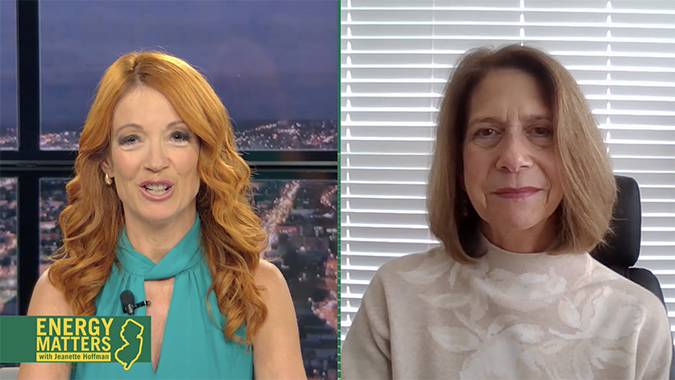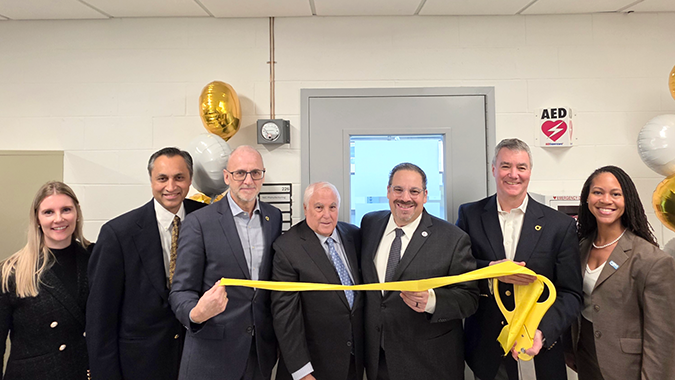WASHINGTON, DC – Today the U.S. Department of Labor announced a final rule to make 1.3 million American workers eligible for overtime pay under the Fair Labor Standards Act (FLSA).
"For the first time in over 15 years, America's workers will have an update to overtime regulations that will put overtime pay into the pockets of more than a million working Americans," Acting U.S. Secretary of Labor Patrick Pizzella said. "This rule brings a commonsense approach that offers consistency and certainty for employers as well as clarity and prosperity for American workers."
"Today's rule is a thoughtful product informed by public comment, listening sessions, and long-standing calculations," Wage and Hour Division Administrator Cheryl Stanton remarked. "The Wage and Hour Division now turns to help employers comply and ensure that workers will be receiving their overtime pay."
Related Articles
Connell Foley issues client alert on new overtime rules
Qualifying exempt employees involves more than weekly salary
The final rule updates the earnings thresholds necessary to exempt executive, administrative, or professional employees from the FLSA's minimum wage and overtime pay requirements, and allows employers to count a portion of certain bonuses (and commissions) towards meeting the salary level. The new thresholds account for growth in employee earnings since the currently enforced thresholds were set in 2004. In the final rule, the Department is:
- raising the "standard salary level" from the currently enforced level of $455 to $684 per week (equivalent to $35,568 per year for a full-year worker);
- raising the total annual compensation level for "highly compensated employees (HCE)" from the currently-enforced level of $100,000 to $107,432 per year;
- allowing employers to use nondiscretionary bonuses and incentive payments (including commissions) that are paid at least annually to satisfy up to 10 percent of the standard salary level, in recognition of evolving pay practices; and
- revising the special salary levels for workers in U.S. territories and in the motion picture industry.
The rule has been in the works for some time. NJBIA is concerned nevertheless that New Jersey employers will have to absorb yet another cost increase to operating their business in the face of numerous mandates already imposed on the state level.
As NJBIA Vice President of Government Affairs Michael Wallace put it, “Although we understand that federal overtime exemption laws needed to be updated, our concern is that the expanding pool of employees eligible for overtime in addition to the new minimum wage law in New Jersey will only lead to employers providing less overtime to their workers.”
The final rule will be effective on Jan. 1, 2020.
The increases to the salary thresholds are long overdue in light of wage and salary growth since 2004. Nearly every person who commented on the Department's 2017 Request for Information, participated at listening sessions in 2018 regarding the regulations, or commented on the Notice of Proposed Rulemaking agreed that the thresholds needed to be updated for this reason.
The Department estimates that 1.2 million additional workers will be entitled to minimum wage and overtime pay as a result of the increase to the standard salary level. The Department also estimates that an additional 101,800 workers will be entitled to overtime pay as a result of the increase to the HCE compensation level.
A 2016 final rule to change the overtime thresholds was enjoined by the U.S. District Court for the Eastern District of Texas on November 22, 2016, and was subsequently invalidated by that court. As of November 6, 2017, the U.S. Court of Appeals for the Fifth Circuit has held the appeal in abeyance pending further rulemaking regarding a revised salary threshold. As the 2016 final rule was invalidated, the Department has consistently enforced the 2004 level throughout the last 15 years.
More information about the final rule is available at https://www.dol.gov/whd/overtime2019/.
The Wage and Hour Division's (WHD) mission is to promote and achieve compliance with labor standards to protect and enhance the welfare of the Nation's workforce. WHD enforces Federal minimum wage, overtime pay, recordkeeping, and child labor requirements of the FLSA. WHD also enforces the Migrant and Seasonal Agricultural Worker Protection Act, the Employee Polygraph Protection Act, the Family and Medical Leave Act, wage garnishment provisions of the Consumer Credit Protection Act, and a number of employment standards and worker protections as provided in several immigration related statutes. Additionally, WHD administers and enforces the prevailing wage requirements of the Davis Bacon Act and the Service Contract Act and other statutes applicable to Federal contracts for construction and for the provision of goods and services.
The mission of the Department of Labor is to foster, promote, and develop the welfare of the wage earners, job seekers, and retirees of the United States; improve working conditions; advance opportunities for profitable employment; and assure work-related benefits and rights.



